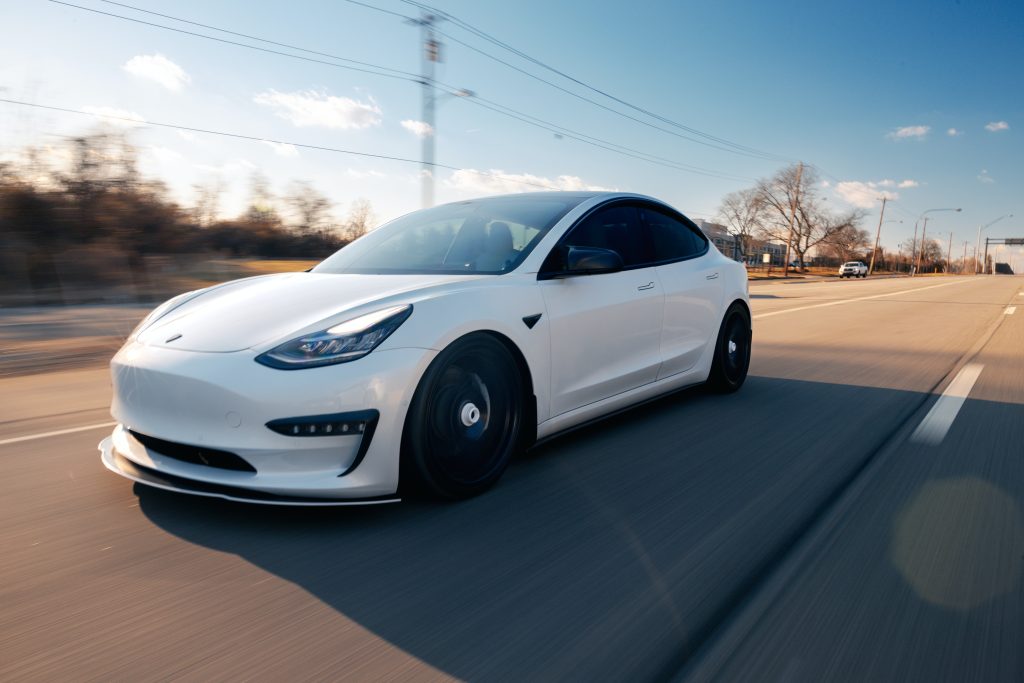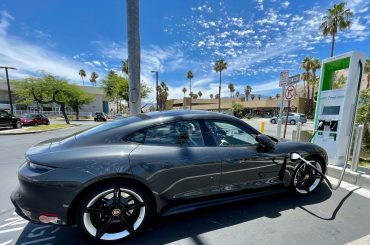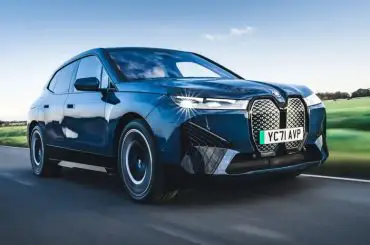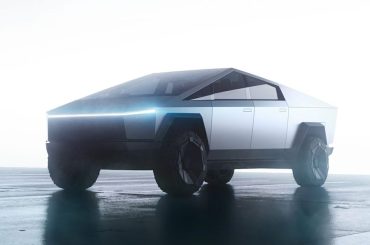Electric cars have been increasing in popularity in recent years as a more sustainable alternative to traditional petrol cars. But one of the biggest questions people have when considering purchasing an electric car is whether it is cheaper than a petrol car. In this article, we will explore the cost differences between electric and petrol cars to help you make an informed decision.
Contents
Purchase Price of Electric Cars & Petrol Cars
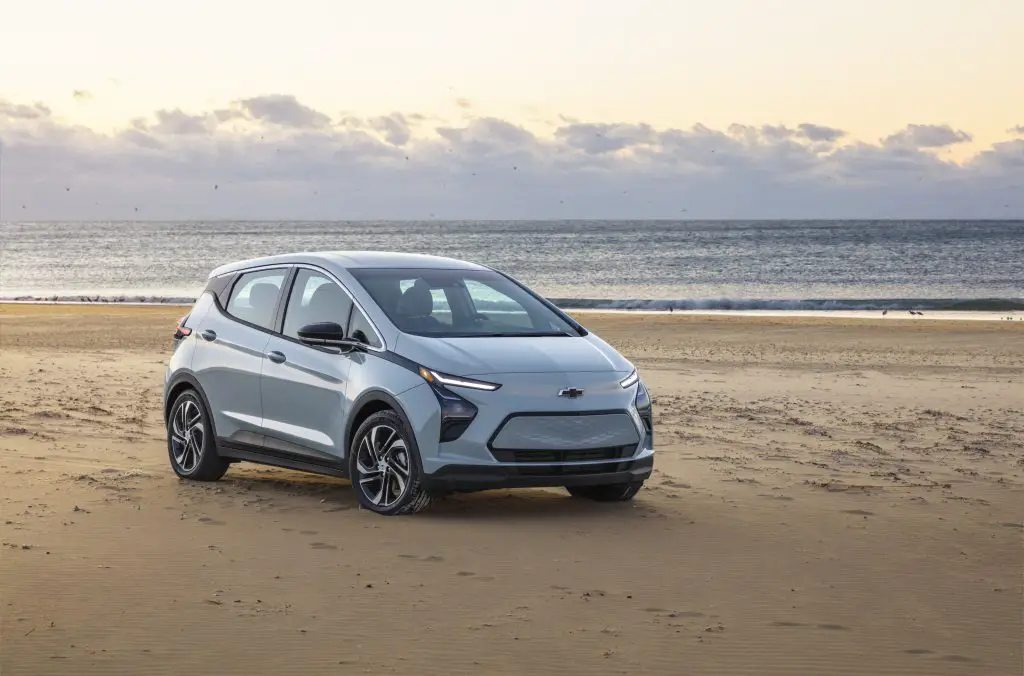
The first thing to consider is the purchase price of the car. Electric vehicles to be more expensive upfront than petrol vehicles, with prices ranging from $30,000 to $100,000 or more, depending on the model and features. On the other hand, petrol cars can be purchased for as little as $15,000, with higher-end models costing up to $80,000.
However, it’s essential to factor in government incentives and rebates that can offset the cost of an electric car. For example, in the United States, buyers of electric vehicles can receive a federal tax credit of up to $7,500, while some states also offer additional incentives.
Fuel Costs
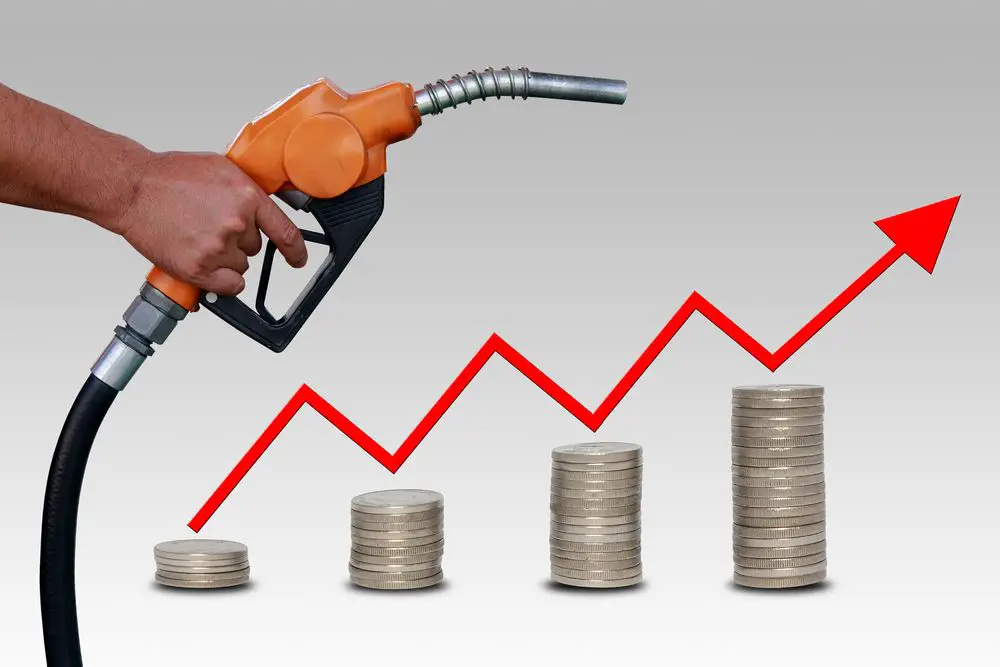
The most significant cost difference between electric and petrol cars is the fuel costs. Electric cars are powered by electricity, which is cheaper than petrol. In the United States, the average cost of electricity is around 13 cents per kilowatt-hour, while the average cost of petrol is around $2.80 per gallon.
Let’s take a look at some numbers to compare the fuel costs of electric and petrol cars. Suppose you drive 12,000 miles per year, and your car has an average fuel economy of 25 miles per gallon for a petrol car or 4 miles per kilowatt-hour for an electric car.
If petrol costs $2.80 per gallon, you will spend around $1,120 on petrol for the year. However, if electricity costs 13 cents per kilowatt-hour, you will spend around $390 on electricity for the year.
Maintenance Costs of Electric Cars & Petrol
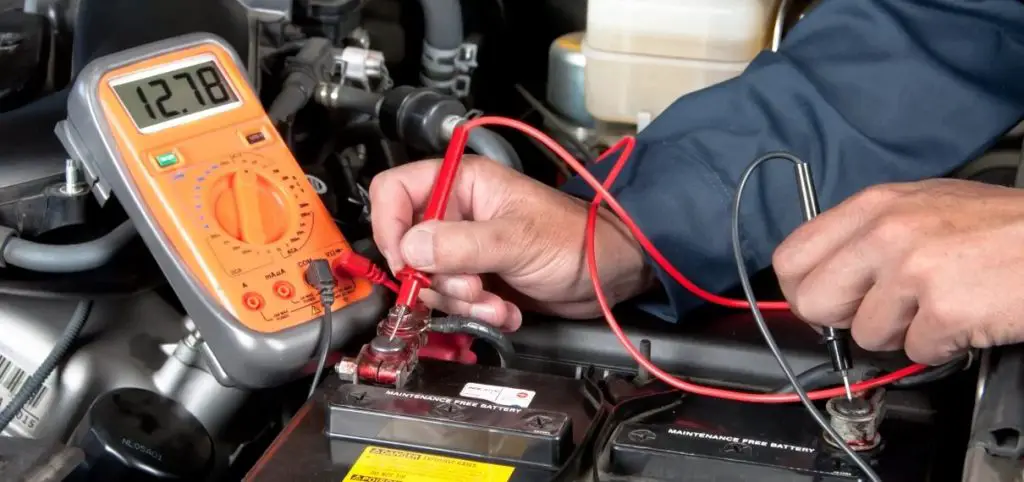
Another significant cost difference between electric and petrol cars is the maintenance costs. Electric cars have fewer moving parts than petrol cars, which means there is less that can go wrong. This translates to lower maintenance costs over the lifetime of the car.
For example, electric cars don’t have oil changes, spark plugs, or timing belts, which are all regular maintenance items for petrol cars. Additionally, electric cars have regenerative braking, which means that the brakes last longer and need to be replaced less often.
Resale Value of Electric Cars & Petrol

Finally, it’s essential to consider the resale value of the car. Electric cars have a higher resale value than petrol cars because they are in high demand, and the technology is continually improving. As more people switch to electric cars, the demand for petrol cars will decrease, which will lower their resale value.
Conclusion
Overall, electric cars are cheaper to run than petrol cars, primarily due to the lower fuel costs and maintenance costs. While electric cars may be more expensive upfront, government incentives and rebates can help offset the cost. Additionally, electric cars have a higher resale value, making them a more cost-effective option in the long run.
If you are considering purchasing an electric car, it’s important to do your research and factor in all the costs to determine if it is the right choice for you. While electric cars may not be cheaper upfront, they can save you money over the lifetime of the car.

